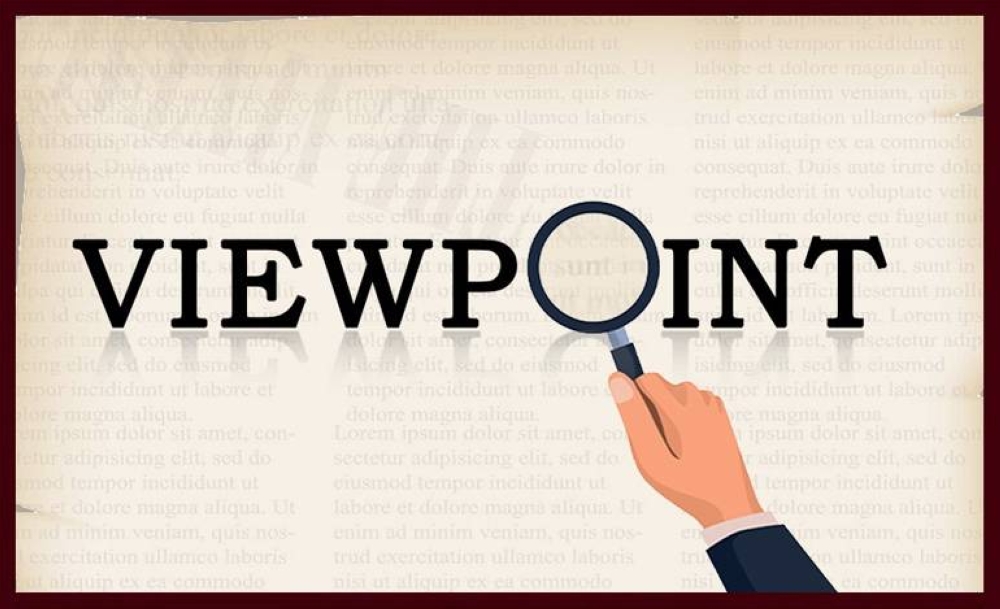The Big Tech, despite its overarching global reach, has for long been facing a widening trust deficit, both from the users and regulators.
But for years, the world’s biggest technology companies were largely able to resist government oversight.
That’s changing fast.
Google’s dominance in digital advertising and online search is under threat from twin actions by the US Department of Justice, with a potential breakup of the company among the possible outcomes.
The DoJ is also suing Apple Inc, accusing the iPhone maker of violating antitrust laws by blocking rivals from accessing hardware and software features on its popular devices.
In Europe, Apple and Google parent Alphabet Inc have been told to pay billions of dollars related to past anticompetitive practices.
The rulings have emboldened European Union regulators who are now investigating Apple, Google and Meta Platforms Inc, accusing them of failing to comply with new laws limiting their dominance of the digital economy.
Hefty penalties may follow.
Meta’s Facebook, Alphabet’s YouTube and Amazon.com Inc have been scrambling to comply with tougher EU rules governing digital marketplaces and the policing of social media content.
The EU has put in place two laws: the Digital Markets Act and the Digital Services Act, both better known by their initials, DMA and DSA.
The DMA took hold on March 7, hitting big tech firms with a broad list of dos and don’ts based on decades of antitrust enforcement. The aim is to stop abusive conduct by the biggest players before it takes hold.
Under the DMA, six tech giants — Alphabet, Amazon, Apple, TikTok owner ByteDance Ltd, Meta and Microsoft Corp — face a range of new prohibitions and obligations.
The DSA became legally enforceable on August 25, laying out content rules for social media platforms, online marketplaces and app stores.
It forces their owners to clamp down on misinformation and objectionable content such as hate speech, terrorist propaganda and ads for unsafe products.
Under this legislation, national governments get more power to force the big tech companies to take down material that’s deemed illegal.
In response to the DSA, Google said it’s disclosing more information about content moderation operations for services like Google Search. Meta said it’s ending targeting of ads for teenagers based on their app activity on Facebook and Instagram.
Bytedance announced it would allow users to report illegal content and choose a feed that has not been personalised.
As for the DoJ cases against Google, Judge Amit Mehta ruled on August 5 that Google illegally monopolised the markets of online search and search text ads, concluding a case originally filed in 2020 under former President Donald Trump.
Google has said it will appeal that decision, but the DoJ is already working out what remedies it will seek.
It’s likely to seek a ban on the type of exclusive contracts that were at the centre of the case. It may also push for a breakup of the Silicon Valley giant, with its Android operating system and web browser Chrome seen as possible targets for divestment.
The DoJ opened its antitrust probe of Apple in 2019, during the Trump presidency.
The increasingly common practice for big tech firms to form partnerships with AI startups — most notably Microsoft’s $13bn investment in OpenAI — has also piqued the interest of regulators.
The Big Tech professes to have the loftier aim of building a more equitable global society. However, they have been caught in the midst of an encircling storm.
Governments, business leaders and the general public are coming to view the Silicon Valley’s overarching power and influence with caution and suspicion.
Opinion
Regulatory scrutiny grows as Big Tech feels the heat of national oversight
In Europe, Apple and Google parent Alphabet have been told to pay billions of dollars related to past anticompetitive practices

